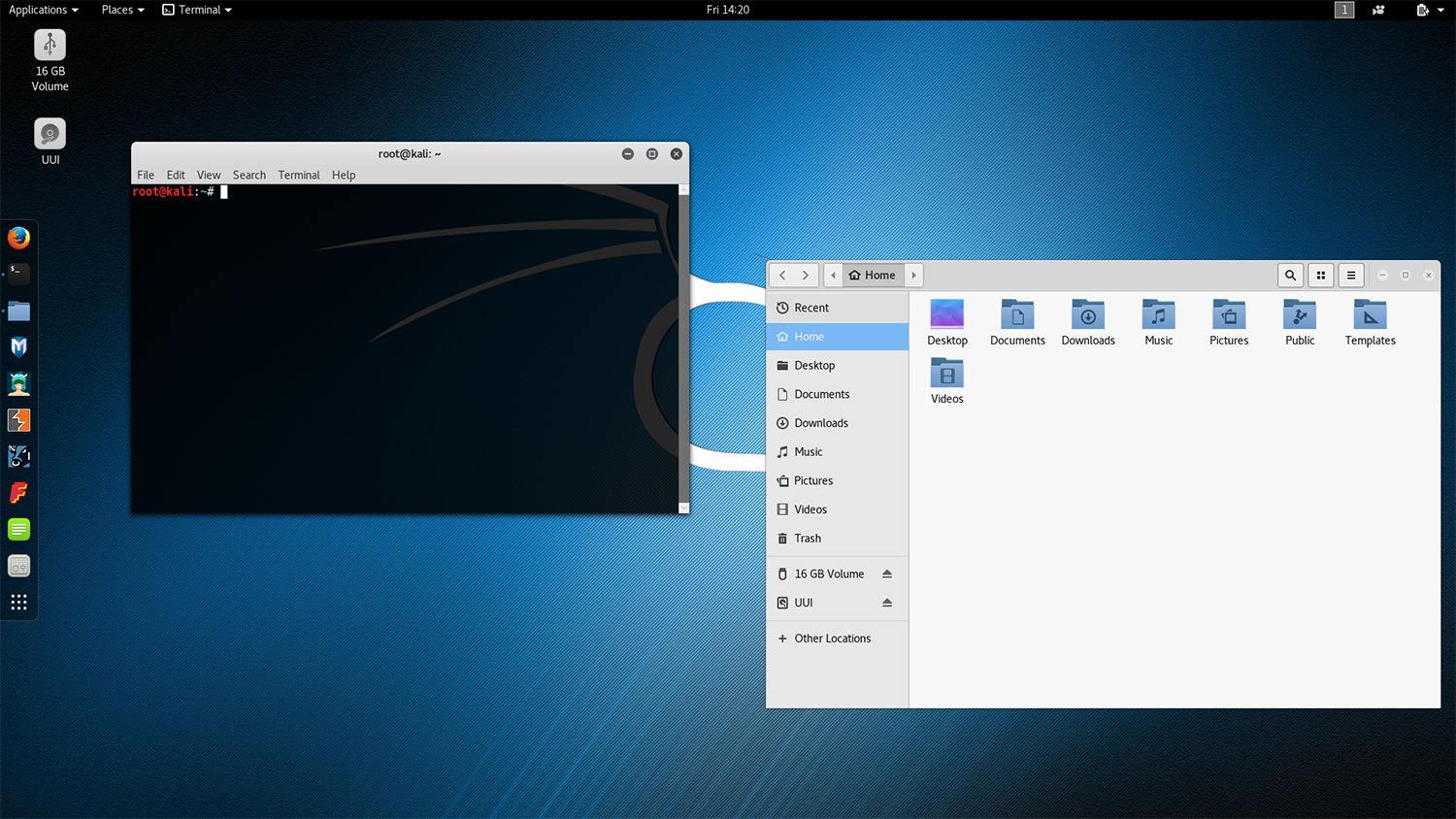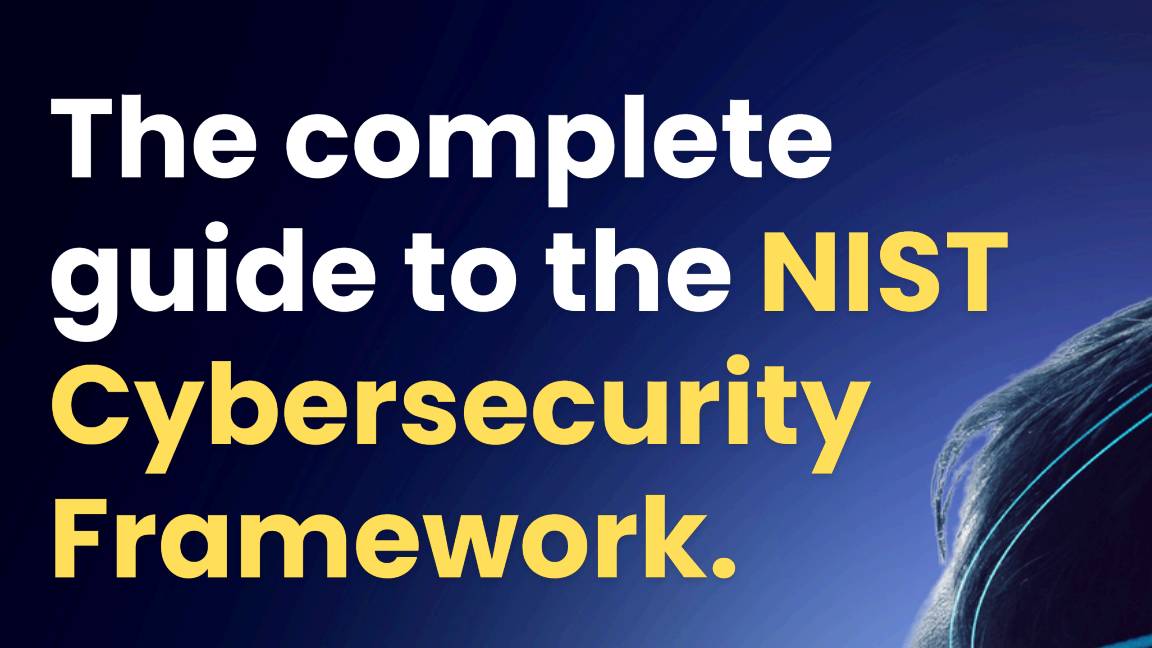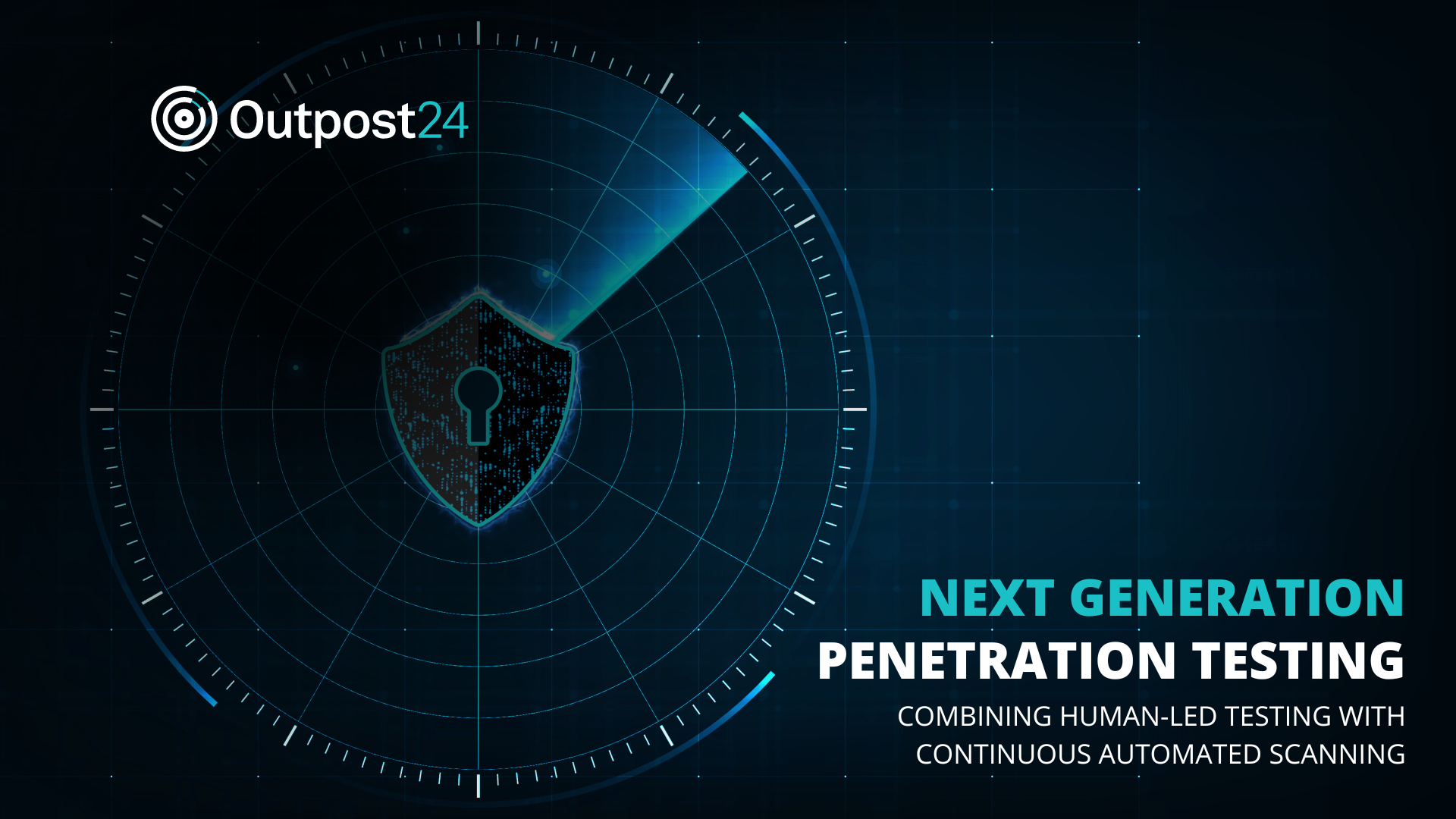Kali Linux comes to Windows 10, handing hacking tools to pen testers
Hacker-friendly distro arrives on Windows Subsystem for Linux


Kali Linux is now officially available on the Microsoft Store, marking another milestone in Microsoft's recent bid to support open source software.
Running on Windows Subsystem for Linux (WSL), a feature introduced as part of last year's Fall Creators Update that allows users to run various Linux distros on top of existing Windows 10 installations, Kali Linux joins other popular distros such as openSUSE, Fedora and Ubuntu.
"Our community expressed great interest in bringing Kali Linux to WSL in response to a blog post on Kali Linux on WSL. We are happy to officially introduce Kali Linux on WSL," said Microsoft's WSL programme manager, Tara Raj, as part of a blog post announcing the distro's availability.
"We would like to extend our sincerest thanks to the Kali Linux team and especially [Kali lead developer] Mati Aharoni for all their patience, hard work and support to plan, build, and publish their distro packages in the Windows Store. Thank you!"
Kali Linux, a security-focused Linux distro based on Debian, is designed primarily for 'offensive security' - a branch of cyber security that involves ethical hackersattacking businesses in order to expose flaws in their networks that can then be fixed, a process known as penetration testing.
As well as penetration testers and red teams, the distro is also used by actual cyber criminals, due to its effectiveness. The software comes pre-packaged with a variety of different hacking tools, including password crackers, packet sniffers and exploit tools.
Ian Thornton-Trump, cyber vulnerability and threat hunting lead at Ladbrokes Coral, toldIT Pro that such tools could be dangerous in the wrong hands, but equally warned that using these tools on Windows 10 could expose hackers, due to the type of data Microsoft collects from the OS.
Get the ITPro daily newsletter
Sign up today and you will receive a free copy of our Future Focus 2025 report - the leading guidance on AI, cybersecurity and other IT challenges as per 700+ senior executives
"Windows 10 collects a ton of user telemetry. If you're going to get your hack on, you're going to get caught," he said,"and in the US, you may go to jail for a very long time - especially if you are a jerk and go after infrastructure you don't own. So, it's like a bear trap for script kiddies and entrepreneurial cyber criminals."
However, he also pointed out that making Kali more accessible could lead to improvements in overall security, such as security teams using it to illustrate network vulnerabilities to board members.
"Kali is pure red, like the blood of your cyber enemies. But I do think it may do some good if used to improve security, and the key word is responsibly," he said. "Learning is always cool - getting busted under the CFAA because OPSEC training is not included in Kali is un-cool. Bottom line: hack what you own. If you don't own, it don't hack it - unless you have written permission."
Adam Shepherd has been a technology journalist since 2015, covering everything from cloud storage and security, to smartphones and servers. Over the course of his career, he’s seen the spread of 5G, the growing ubiquity of wireless devices, and the start of the connected revolution. He’s also been to more trade shows and technology conferences than he cares to count.
Adam is an avid follower of the latest hardware innovations, and he is never happier than when tinkering with complex network configurations, or exploring a new Linux distro. He was also previously a co-host on the ITPro Podcast, where he was often found ranting about his love of strange gadgets, his disdain for Windows Mobile, and everything in between.
You can find Adam tweeting about enterprise technology (or more often bad jokes) @AdamShepherUK.
-
 Should AI PCs be part of your next hardware refresh?
Should AI PCs be part of your next hardware refresh?AI PCs are fast becoming a business staple and a surefire way to future-proof your business
By Bobby Hellard
-
 Westcon-Comstor and Vectra AI launch brace of new channel initiatives
Westcon-Comstor and Vectra AI launch brace of new channel initiativesNews Westcon-Comstor and Vectra AI have announced the launch of two new channel growth initiatives focused on the managed security service provider (MSSP) space and AWS Marketplace.
By Daniel Todd
-
 Bugcrowd’s new MSP program looks to transform pen testing for small businesses
Bugcrowd’s new MSP program looks to transform pen testing for small businessesNews Cybersecurity provider Bugcrowd has launched a new service aimed at helping MSP’s drive pen testing capabilities - with a particular focus on small businesses.
By Ross Kelly
-
 "Thinly spread": Questions raised over UK government’s latest cyber funding scheme
"Thinly spread": Questions raised over UK government’s latest cyber funding schemeThe funding will go towards bolstering cyber skills, though some industry experts have questioned the size of the price tag
By George Fitzmaurice
-
 Modern enterprise cybersecurity
Modern enterprise cybersecuritywhitepaper Cultivating resilience with reduced detection and response times
By ITPro
-
 IDC InfoBrief: How CIOs can achieve the promised benefits of sustainability
IDC InfoBrief: How CIOs can achieve the promised benefits of sustainabilitywhitepaper CIOs are facing two conflicting strategic imperatives
By ITPro
-
 The complete guide to the NIST cybersecurity framework
The complete guide to the NIST cybersecurity frameworkWhitepaper Find out how the NIST Cybersecurity framework is evolving
By ITPro
-
 Are you prepared for the next attack? The state of application security in 2024
Are you prepared for the next attack? The state of application security in 2024Webinar Aligning to NIS2 cybersecurity risk-management obligations in the EU
By ITPro
-
 The economics of penetration testing for web application security
The economics of penetration testing for web application securitywhitepaper Get the most value from your security solution
By ITPro
-
 Building a new approach to security with the next generation of penetration testing
Building a new approach to security with the next generation of penetration testingSponsored Combining human-led testing with continuous automated scanning can elevate your security regime
By ITPro